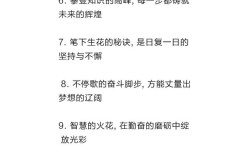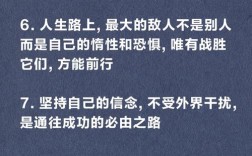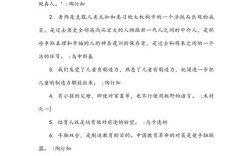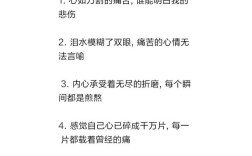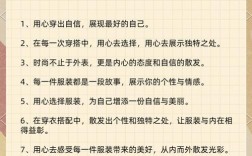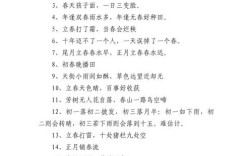Words have the power to inspire, motivate, and transform lives. Short English quotes, often distilled from centuries of wisdom, carry profound meaning in just a few words. Whether drawn from literature, philosophy, or historical speeches, these concise phrases resonate across cultures and generations. Understanding their origins, authors, and proper usage can enrich communication, enhance writing, and provide daily inspiration.

The Origins of Famous Short Quotes
Many iconic English quotes originate from literary works, speeches, or philosophical texts. Their brevity makes them memorable, but their depth comes from context.
- "To be, or not to be" – From Shakespeare’s Hamlet, this line reflects existential contemplation, capturing the human struggle with life’s uncertainties.
- "Knowledge is power" – Often attributed to Francis Bacon, this phrase underscores the value of education in shaping one’s destiny.
- "The only thing we have to fear is fear itself" – Spoken by Franklin D. Roosevelt during the Great Depression, it rallied a nation facing economic despair.
Examining the original context of such quotes enhances their impact. A reader who understands the historical or literary backdrop appreciates the words beyond surface-level meaning.
Authors Behind Timeless Wisdom
Some quotes endure because of their authors—thinkers, leaders, and artists whose insights transcend time.

- William Shakespeare – His plays and sonnets brim with succinct wisdom, such as "All the world’s a stage" (As You Like It), illustrating life’s transient nature.
- Oscar Wilde – Known for wit and satire, Wilde’s "Be yourself; everyone else is already taken" remains a timeless reminder of authenticity.
- Maya Angelou – Her empowering words, like "Still I rise," stem from personal resilience, offering strength to marginalized voices.
Recognizing the creator behind a quote adds credibility. When citing, attributing correctly ensures respect for intellectual property and strengthens the message.
How to Use Short Quotes Effectively
Quotes can elevate writing, speeches, and daily communication when used strategically.
In Writing & Content Creation
- Introductions & Conclusions – A well-placed quote can frame an article’s theme. For example, opening with "In the middle of difficulty lies opportunity" (Einstein) sets a tone of perseverance.
- Social Media Posts – Platforms like Twitter thrive on brevity. Quotes like "Less is more" (Robert Browning) fit perfectly within character limits while conveying depth.
Public Speaking & Presentations
- Opening Hooks – Beginning a speech with "The only way to do great work is to love what you do" (Steve Jobs) instantly engages an audience.
- Reinforcing Points – Supporting arguments with "Action is the foundational key to all success" (Pablo Picasso) adds authority.
Personal Motivation & Reflection
- Journaling & Affirmations – Writing down "You miss 100% of the shots you don’t take" (Wayne Gretzky) can spur action.
- Wall Art & Reminders – Displaying quotes like "Carpe Diem" (Horace) serves as a daily nudge toward seizing opportunities.
Avoiding Misuse & Misattribution
With the internet’s rapid information flow, misquotes and false attributions abound. For instance:

- "The definition of insanity is doing the same thing and expecting different results" is often credited to Einstein, but no verified source confirms this.
- "Blood, sweat, and tears" is commonly misquoted; Churchill actually said "Blood, toil, tears, and sweat."
Cross-referencing reputable sources like academic databases or official archives prevents spreading inaccuracies.
Crafting Original Quotes for Impact
While borrowing wisdom is valuable, creating original quotes can also leave a lasting impression. Key elements include:
- Brevity – "Simplicity is the ultimate sophistication." (Da Vinci)
- Universality – "No one can make you feel inferior without your consent." (Eleanor Roosevelt)
- Emotional Resonance – "Not all who wander are lost." (Tolkien)
Whether quoting others or crafting new phrases, clarity and authenticity matter most.

The right words at the right moment can change perspectives, fuel ambition, and offer solace. By studying their origins, respecting their authors, and applying them thoughtfully, short English quotes become more than phrases—they become tools for growth.
In a world overflowing with noise, the sharpest insights often come in the fewest words. Let them guide, challenge, and inspire.

